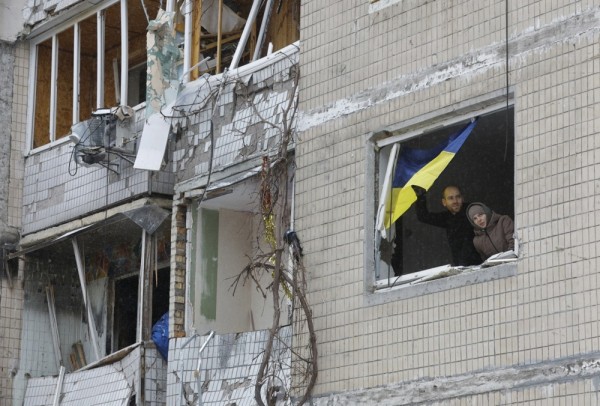In two recent decisions involving the Finnish government, the European Court of Human Rights (ECHR) reaffirmed the fundamental principle of press freedom and the right of the media to report on matters of public interest.
Seija Selistö of the Vaasa newspaper Pohjalainen brought the case after she authored an article concerning a patient who died of routine heart surgery. The story contained allegations that the doctor who performed the operation, and who was not named in the article, had been intoxicated at the time. Both the district and appeals courts found Selistö guilty of libel and ordered her to pay a fine. Pohjalainen was also ordered to pay damages for mental distress.
The second case before the ECHR involved Pekka Karhuvaara, former editor-in-chief of the late-edition tabloid, Iltalehti. Concerning the question of privacy for politicians, the case involved a story in Iltalehti that the husband of a politician was drunk and had been convicted of a crime. In the district and appeals courts, the paper was fined for mentioning the politician and violating her privacy.
In their arguments before the ECHR the same lawyer, Matti Wuori, represented both Selistö and Karhuvaara. He later described the decisions, which upheld the legal arguments of the two journalists, as a “significant breakthrough.”
Speaking about the ECHR’s decisions, Director of IPI, Johann P. Fritz said, “When viewed together these two cases support many of the most fundamental principles of press freedom. They include the right to report on matters of public concern, acceptance of the argument that journalists should not have a duty to verify official documents and criticism of disproportionate penalties applied against journalists and media organizations.”
“But perhaps the most important decision is the court’s continued support for the right of the public to be informed and for holding that this right can extend to the private lives of public figures, particularly where politicians are concerned. In effect the court is once again saying that politicians must accept greater scrutiny of their work.”
Fritz continued, “These decisions are not only binding on the Finnish government but also on the other member states of the Council of Europe. All over Europe, particularly Eastern Europe, there are governments who believe that politicians, and other public figures, deserve less scrutiny not more.”
“In Russia journalists have been prevented from covering significant events, while the recent election process in the Ukraine has seen constant political interference and censorship. The European Union is also not immune from such acts. Poland has an array of insult and criminal defamation laws which are regularly applied against journalists and even Luxembourg is seeking to force a journalist to expose his sources after he investigated political corruption in Brussels.”
“Governments must accept the idea that the media will probe their every act. It is essential both for good government and a healthy democracy,” said Fritz.


